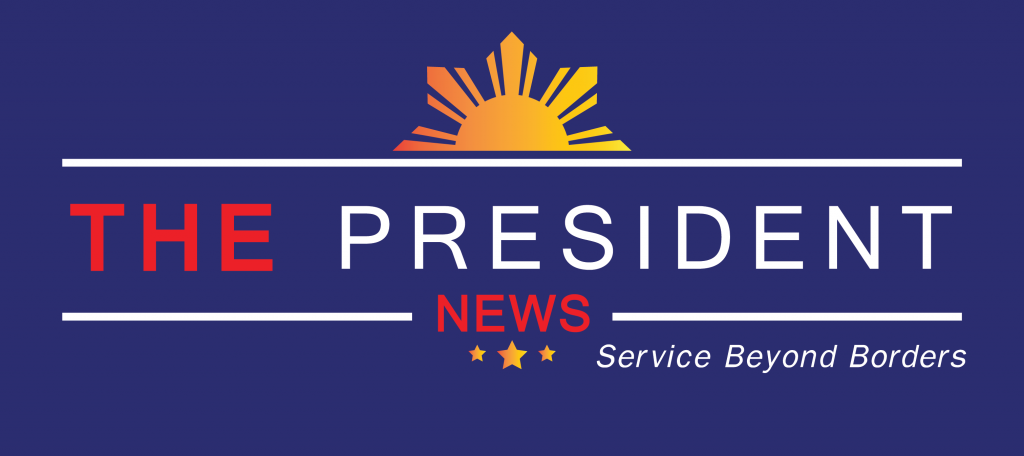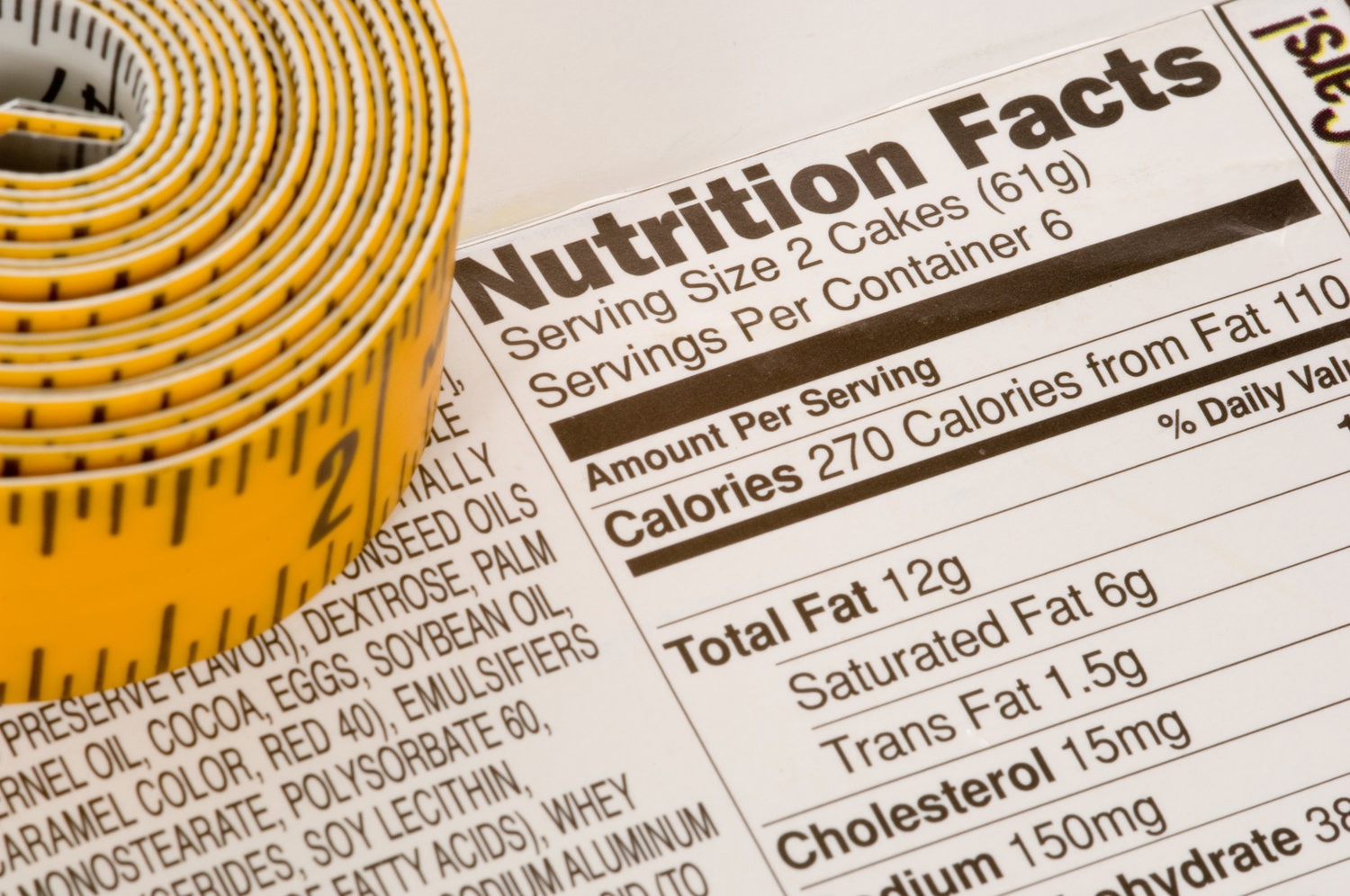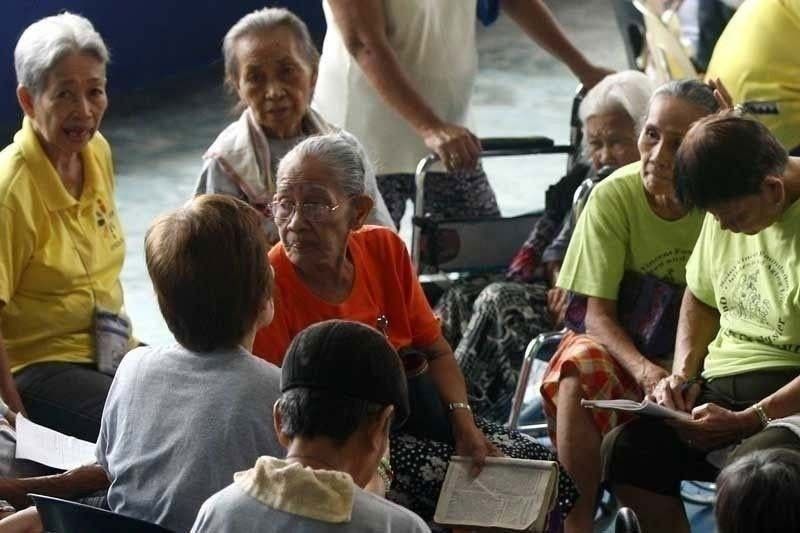
MANILA – President Ferdinand R. Marcos Jr. has successfully secured USD 1.53 billion, equivalent to PHP 86 billion, in investments through 12 business deals signed during the Philippine Business Forum held on the sidelines of his participation in the ASEAN-Australia Special Summit in Melbourne on Monday.
The 12 business deals include 10 memoranda of understanding (MOUs) between Filipino and Australian business leaders and two letters of intent (LOIs) from Australian business leaders expressing their intention to invest in the Philippines.
Among the MOUs signed are agreements for the development, design, construction, commissioning, and funding of a Tier-3 Data Center with a capacity of 30 to 40 megawatts (MW) in the Poro Point Freeport Zone, covering an area of approximately 16 hectares. Additionally, an agreement was reached for the expansion of Next-Generation Battery Manufacturing in the Philippines.
Furthermore, an MOU was signed for the deployment of decarbonization solutions, involving the orchestration of renewable energy, storage, and e-mobility at New Clark City Stadium and other BCDA sites. This initiative aims to reduce energy costs, dependence on grid power, enhance sustainability, and make progress in the journey towards decarbonization.
Another MOU signed is for the Collaborative Partnership on the Development of an Electric Transportation Framework across BCDA properties in the Philippines. Additionally, an agreement was reached with Pambansang Pabahay Para sa Pilipino (4PH)/Countryside Housing Initiatives (CHI) through the Department of Human Settlements and Urban Development (DHSUD).
Furthermore, an MOU was signed for the establishment of collection centers and a recycling facility for plastic waste in the Philippines, utilizing innovative organic recycling, biomass synthesis, carbon utilization, and material synthesis technologies from an Australian university. The resulting transparent sustainable material will be exported and distributed to Australian food and beverage companies.
Moreover, an MOU was reached for the manufacturing and distribution of portable, affordable, and accessible Automated External Defibrillator (AED) solutions.
The National Development Company (NDC), a prominent state-owned enterprise in the Philippines investing across various industries, will collaborate with an Australian company through an MOU for the transfer of waste-to-energy technology to the Philippines. This technology aims to convert biowaste into green fuel.
Additionally, the NDC plans to establish the Southeast Asia Biosecurity Institute (SABI) in the Philippines. This institute will focus on enhancing biosecurity robustness in supply chains across Southeast Asia, leading to significant economic, environmental, and social benefits for the region.
Furthermore, a letter of intent (LOI) was submitted for the Biomass Fueled (Thorium Pellets) Simple-high-Temperature Gas-cooled Power Plant (STGR20 V) with a 40MW base load power. This initiative aims to provide safe, sustainable, affordable, CO2-neutral, and green base-load energy in the Philippines.
Moreover, an LOI was sent for the development of digital health services, with a specific focus on artificial intelligence and machine learning to enhance healthcare accessibility in the Philippines. This expansion builds upon the company’s current operations in the Philippines, which provide telemedicine services to millions of Filipinos, with a particular emphasis on tuberculosis and other respiratory illnesses.
“These agreements signify our unwavering commitment to excellence and fruitful partnerships spanning diverse sectors such as renewable energy, waste-to-energy technology, organic recycling technology, countryside housing initiatives, the establishment of data center, manufacturing of health technology solutions, and digital health services,” Department of Trade and Industry Secretary Alfredo Pascual said during the forum.
Enhancing trade and investments
The Philippine Business Forum, organized by the DTI, provided a platform to highlight the potential of the Philippine economy to Australian investors and to promote bilateral trade and investments between Australia and the Philippines.
During the forum, President Marcos encouraged Australian business leaders to explore investment opportunities in the Philippines. He also expressed readiness for enhanced cooperation between the Philippines and Australia in addressing climate change and transitioning towards sustainable energy.
Furthermore, President Marcos emphasized that the Philippines is an ideal destination for collaboration in both manufacturing and services sectors.
“I invite esteemed Australian businesses to consider the Philippines as a reliable partner that can support your expansion and operations. Let us embark on a journey of strengthened economic ties, mutual growth, and shared success,” he said.
During the forum, notable figures such as Australia Philippines Business Council President Rafael Toda, founder and Deputy Chairman of St. Baker Energy Innovation Fund Trevor St Baker AO, and Medgate (Asia) Holdings Pty Limited Director David King were in attendance.
Other distinguished business leaders present included Australia New Zealand Business Chamber President Benjie Romualdez and Philippines Australia Business Council Chairman Dennis Quintero.
President Marcos underscored that the participation of Filipino business leaders reflects the Philippines’ commitment to advancing its regional economic integration agenda across various domains. He also emphasized the significance of fostering robust business partnerships and collaborations between the Philippines and Australia, as evidenced by the presence of Australian business leaders.
Moreover, President Marcos noted that the recent global challenges present an opportunity for the Philippines to enhance its involvement in regional and global value chains.
“As part of our development strategy, we are keen to explore new avenues of cooperation and foster mutually beneficial partnerships that are commercially meaningful,” Marcos told Australian business leaders.
Marcos emphasized the Philippines’ dedication to purposeful reforms, evident through significant legislative amendments such as the Public Service Act, Foreign Investments Act, Retail Trade Liberalization Act, and Renewable Energy Act.
Additionally, Marcos highlighted other legislative amendments aimed at streamlining business registration, infrastructure development, and implementing the Comprehensive Tax Reform Program (CREATE Act). Furthermore, fiscal incentive structures and responsive policies, including those facilitating public-private partnerships (PPP), have undergone overhaul.
Furthermore, Marcos underscored the establishment of the Maharlika Investment Fund, the country’s sovereign wealth fund. This initiative reflects the commitment to financing priority projects and driving socioeconomic impact.
“We prioritize the ease of doing business, exemplified by efforts to simplify tax payments, streamline regulations, and showcase our unwavering support for businesses,” he said.
Additionally, Marcos highlighted the issuance of Executive Order No. 18, which established green lanes for strategic investments, aiming to streamline procedures and minimize bureaucratic obstacles.
Furthermore, the chief executive emphasized the enactment of key legislation such as the Public-Private Partnership (PPP) Code of the Philippines, the Internet Transactions Act, and the Tatak Pinoy Act.
“We continue to accelerate and deepen policy reforms to improve the environment where business such as yours will continue to thrive,” he said.
On the subject of renewable energy, Marcos emphasized that the Philippines acknowledges the significance of combating climate change and attaining energy transition.
“I welcome the opportunity for greater cooperation on climate change and energy transition. I’m glad to see that we have made a good start here today with the agreements that we have come to, between our private sector partners,” he said.
“Aligned with our efforts on decarbonization, we are positioning ourselves as regional hub for smart and sustainable manufacturing,” he added.
Marcos stated that the Philippines seeks to attract sustainability-driven strategic investments propelled by renewable energy sources.
He also underscored the importance of trade and investment policy mechanisms such as the ASEAN-Australia-New Zealand Free Trade Agreement and the Regional Comprehensive Economic Partnership Agreement, aimed at facilitating regional economic integration agendas.
“I am hopeful that this will be complemented by other policy tools that will enhance Philippines-Australia supply chain partnerships and facilitate greater foreign direct investments. So in conclusion, let me reiterate our gratitude for your presence and active engagement in this forum,” he said.
“The members of my economic team will provide the support needed by your businesses for investments to continuously grow and prosper. Together with you as our Strategic Partner, we can make investments happen in the Philippines,” he added.
In 2023, the total trade between the Philippines and Australia amounted to USD 4.06 billion. Of this total, imports were valued at USD 3.497 billion, while exports reached USD 561.8 million.







